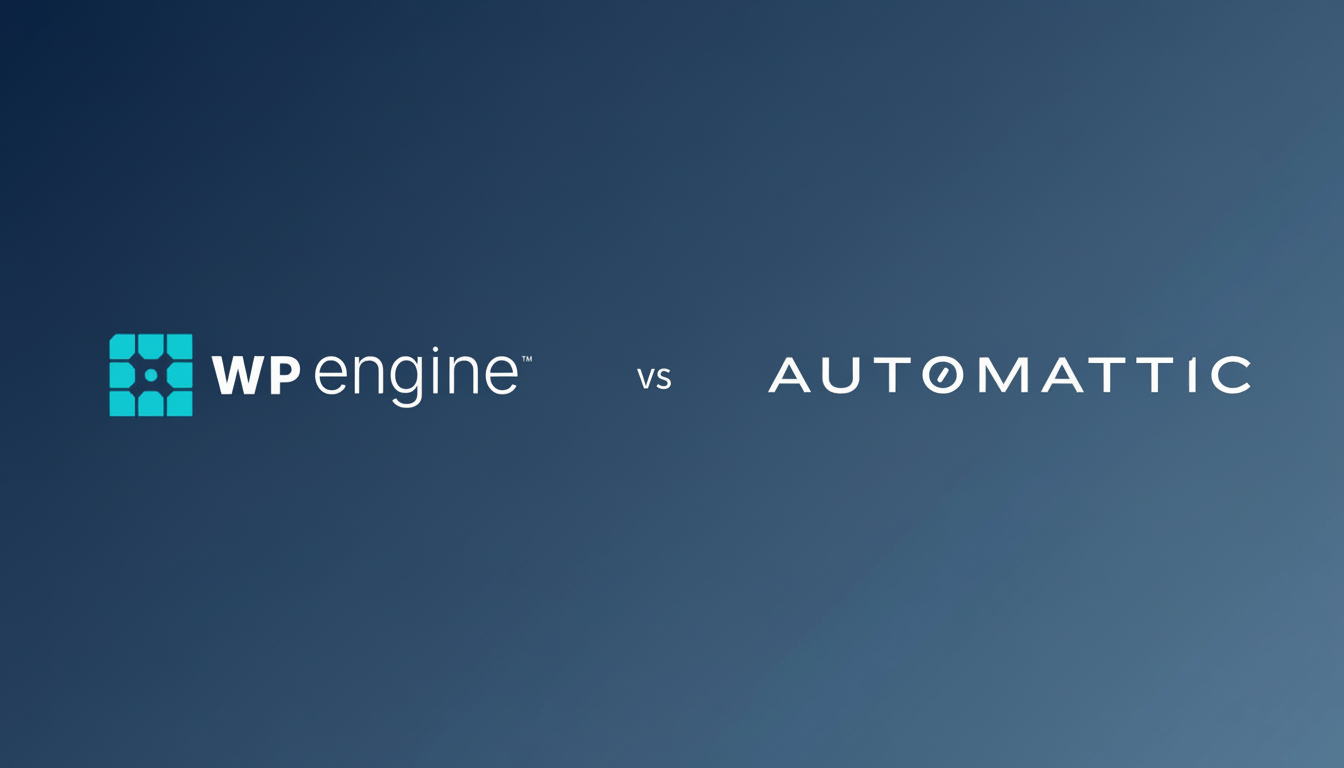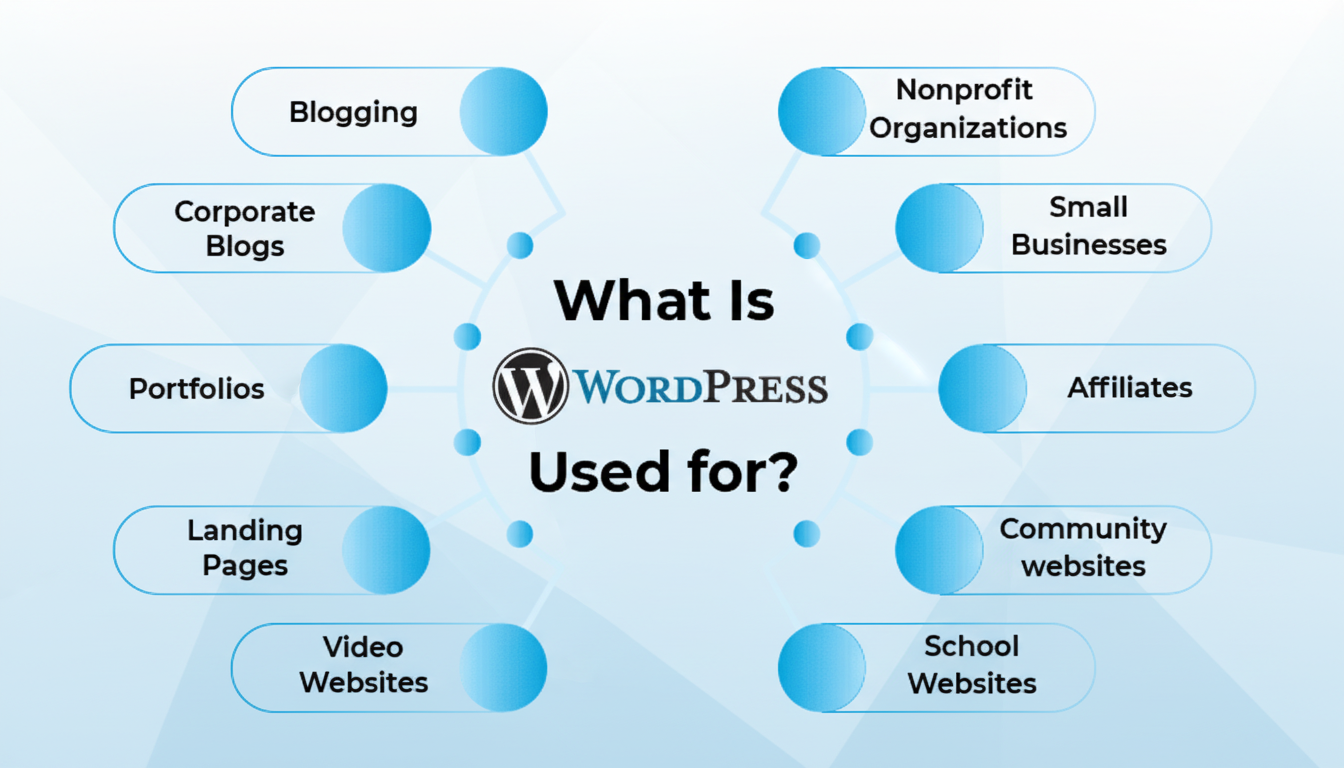Automattic countersued WP Engine in a high-stakes dispute between the two large-scale WordPress services over claims of trademark infringement and false advertising that could change how businesses use the open-source platform. The filing contends that WP Engine breached that line when it took branding beyond what’s permissible by fair use and began relying on the WordPress name to boost its sales but failed to provide benefits back to the ecosystem as per its public contribution promises.
What Automattic alleges about WP Engine’s trademark use
Automattic’s counterclaims revolve around the WordPress trademark, which is held by the WordPress Foundation, and claim that WP Engine violated longstanding naming practices. The filing notes times when WP Engine has positioned itself as “The WordPress Technology Company,” permitted partners to use the name “WordPress Engine,” and introduced products with names like “Core WordPress” and “Headless WordPress.” These, Automattic says, all create the potential for consumer confusion about affiliation or endorsement.

Additionally, the company claims that WP Engine oversold its support commitment to the project, including falsely stating that it committed 5% of its resources to the continued health and development of WordPress. Those were promises made in relation to a 5% pledge investment WP Engine made to the WordPress community in partnership with other companies, which Automattic says didn’t actually pan out. WP Engine engaged in bad-faith negotiations over trademarks at the same time that it was profiting from WordPress, the filing says. Automattic links the behavior to WP Engine’s private equity ownership and says it was an effort to sidestep licensing fees that could hurt valuation and profit.
How WP Engine responds to Automattic’s legal claims
WP Engine denies the accusations and notes its allusions to WordPress are in line with industry norms and fall under trademark law’s nominative fair use protection. The company identifies as a long-standing managed host in the space, referencing sponsorships, community involvement, and developer support as a sign of good-faith effort. It says Automattic’s claims are baseless and that it plans to defend its marketing message and product descriptions in court.
Understanding trademarks within the WordPress ecosystem
WordPress, the application, is GPL-licensed and open source, but the WordPress name and logo are registered trademarks of the WordPress Foundation. The Foundation’s policy restricts use of its marks: they should not be incorporated as part of product, service, or company names without the Foundation’s prior written permission and guidance. The use of the WordPress name in a domain name is discouraged. This distinction is widely known across the plugin, theme, and hosting markets.
Nominative fair use allows a company to refer to a mark to describe compatibility (“hosting for WordPress”) provided that use is truthful and not misleading. Courts frequently balance factors including necessity, proportionality, and likelihood of confusion. With WordPress running on an estimated 43% of all websites, according to the analyst firm W3Techs, that line between acceptable reference and tacit endorsement becomes significant in terms of brand values, consumer trust, and commercial standing.

Silver Lake’s Role and Valuation Pressure
Automattic’s filing shifts the attention to private equity firm Silver Lake, accusing WP Engine of setting its trademark strategy based on financial return goals. The counterclaims say licensing fees would have brought down EBITDA and potentially prevented a multibillion-dollar goal for the company in its acquisition valuation process, and that a sale effort encountered a stall even after reaching out to possible buyers such as Automattic. Although the claims here are unproven, they demonstrate how the risk of IP, licensing fees, and marketing restrictions really matter in sponsor-backed deals.
What It Means for Developers and Consumers
For developers, the case could clarify how far vendors may go in titling hosting plans, site architectures, and integrations that build on WordPress. A ruling or settlement could also push providers toward neutral language like “for WordPress” and away from more native- or official-sounding labels, cutting down on confusion in crowded marketplaces. It also may bolster the trend of incorporating “WP” in brand names and product lines to comply with existing guidelines.
The immediate risk for customers is low, but access to the pool and other community resources can be a flash point as disagreements deepen. If hosts lose access to WordPress.org and must change how they showcase features, users will likely have to be more mindful of their update paths, plugin compatibility, and where “WordPress-branded” offerings come from. The world will be watching whether that commonly cited “Five for the Future” 5% contribution results in anything remotely measurable and auditable across large commercial participants.
What to watch next in the Automattic vs. WP Engine case
But the litigation is expected to turn on whether consumers are being duped, just what falls under nominative fair use, and whether any alleged misuse was intentional. Discovery could reveal internal marketing guidance, partner collateral, and outside contribution records, while the WordPress Foundation’s trademark policy and the USPTO registration will shape the legal guardrails. Possible outcomes could vary from an injunction and clearer licensing terms up to a negotiated settlement that establishes informal rules of the road for the WordPress economy.

